Recently, the news that Fan Zhendong, Ma Long, and Chen Meng withdrew from the world rankings has caused a stir in the sports world. This decision not only shocked many fans but also made the international table tennis landscape unpredictable. As leaders in Chinese table tennis, their actions were undoubtedly well-considered, reflecting strong dissatisfaction with the WTT commercial event system and a re-planning of their own careers. Liu Guoliang, as the chairman of the Chinese Table Tennis Association, chairman of the WTT Council, and first vice-chairman of the International Table Tennis Federation, was pushed to the forefront, facing tremendous public opinion pressure and challenges.
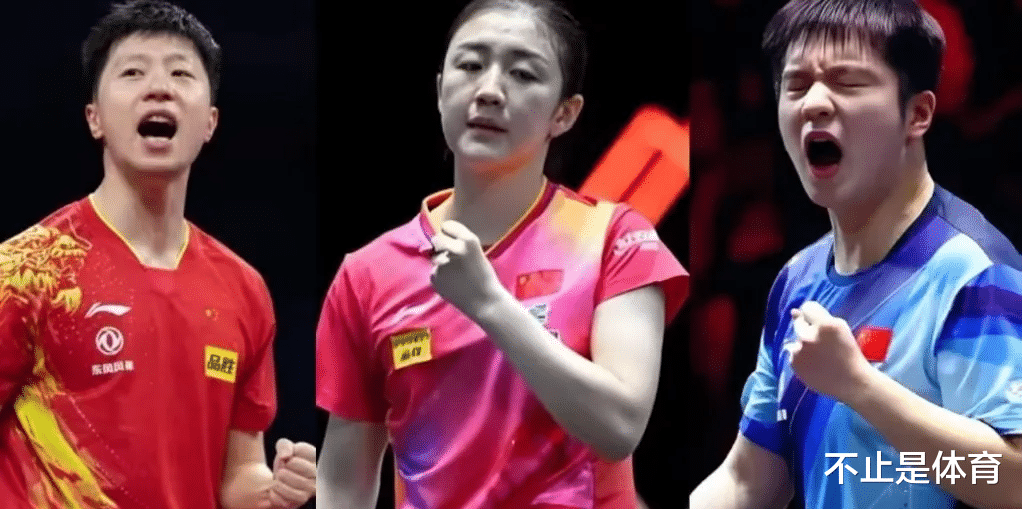
In interviews, Liu Guoliang frequently expressed his stance, trying to save the situation. He first admitted that there were unreasonable aspects in the commercial event system launched by WTT, which is itself a positive attitude, indicating that he realized the severity of the problem and was willing to face it and start solving it. He proposed some measures, hoping to promote the return of these veterans, such as stating that all events under WTT are still open to the three Olympic champions, and Fan Zhendong and others can obtain wild card qualifications to participate in commercial competitions. However, such statements seem to have little appeal to Fan Zhendong and others, or even be worthless.
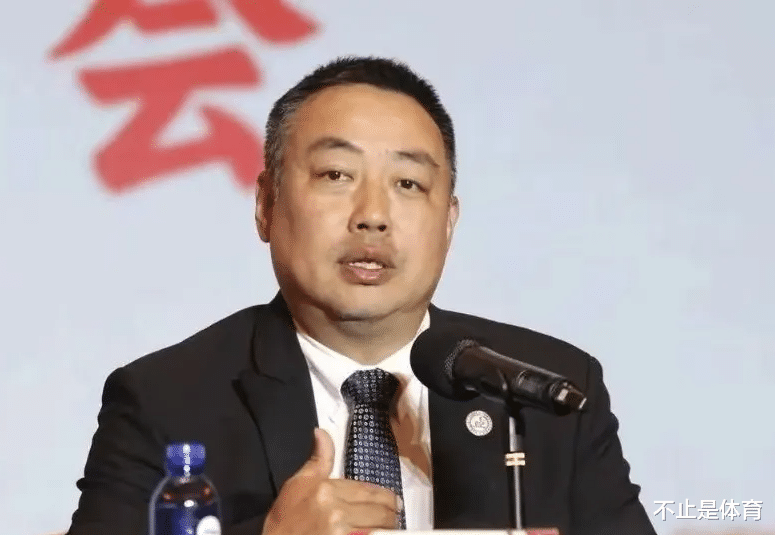
Fan Zhendong has previously stated clearly in his statement that the reason he chose to withdraw from the world rankings is because the new regulations of WTT made him dissatisfied. In his view, this system has many unreasonable aspects, such as overemphasizing commercial interests while ignoring the rights of athletes, overly dense event schedules leading to insufficient rest and adjustment time for athletes, and unfair distribution of event prize money. If this system does not undergo fundamental changes, even if Fan Zhendong is given a wild card, he will not come to participate. For Ma Long and Chen Meng, the situation is the same. As veterans, they have paid too much for the table tennis cause, and now they hope to enjoy the game on the court instead of being bound by unreasonable systems.

In fact, after taking on three roles, Liu Guoliang has been trying to turn table tennis into a sport with very high commercial value, which is beyond reproach. He introduced WTT events inspired by tennis competitions, hoping to enhance the international influence and commercial value of table tennis through them. However, he overlooked some major differences between table tennis and tennis, leading to many difficulties in the actual operation of WTT events.
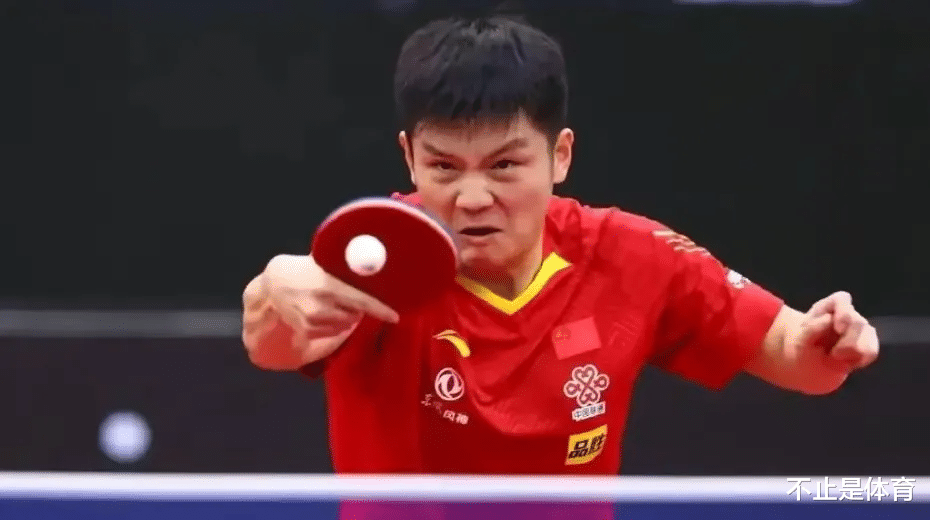
Firstly, tennis is a highly commercialized and profitable sport, whose commercial value and profitability far exceed table tennis. Taking last year's WTT Grand Slam event as an example, as the event with the highest prize money, its total prize money has decreased by 20% compared to the previous year. This shows that the profit of table tennis matches is limited, and the market demand and attention for table tennis events are not enough to support high prize money expenditures. In contrast, the prize money of tennis events has always remained high and is even continuously rising, thanks to the wide audience base and mature business operation model of tennis around the world. Tennis players can not only receive generous prize money by participating in competitions but also gain more income through sponsorship and advertising endorsements, so they are eager to participate, and even willing to play qualifying matches to win more opportunities.
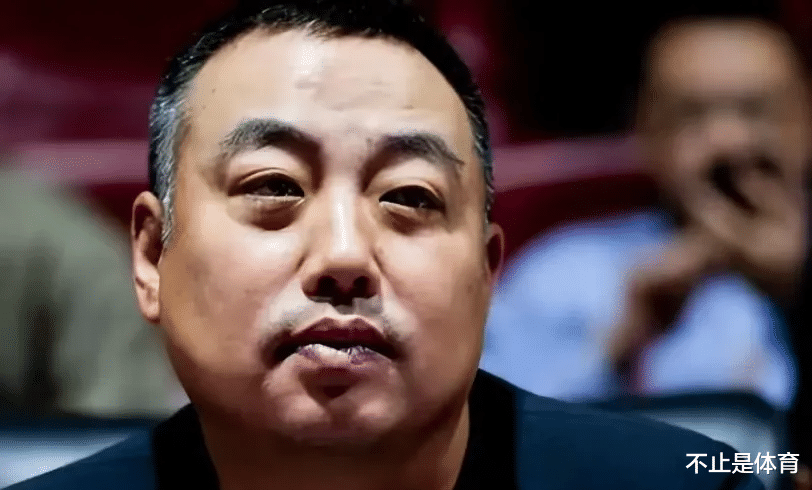
The income of table tennis players, on the other hand, is relatively low. Taking Wang Chuqin, the most profitable table tennis player in 2024, as an example, his annual income would not even rank among the top 40 in tennis players, which is considered third-rate. This makes table tennis players lack sufficient motivation and enthusiasm when facing WTT events, and they tend to participate in events that can bring greater income and better guarantees.
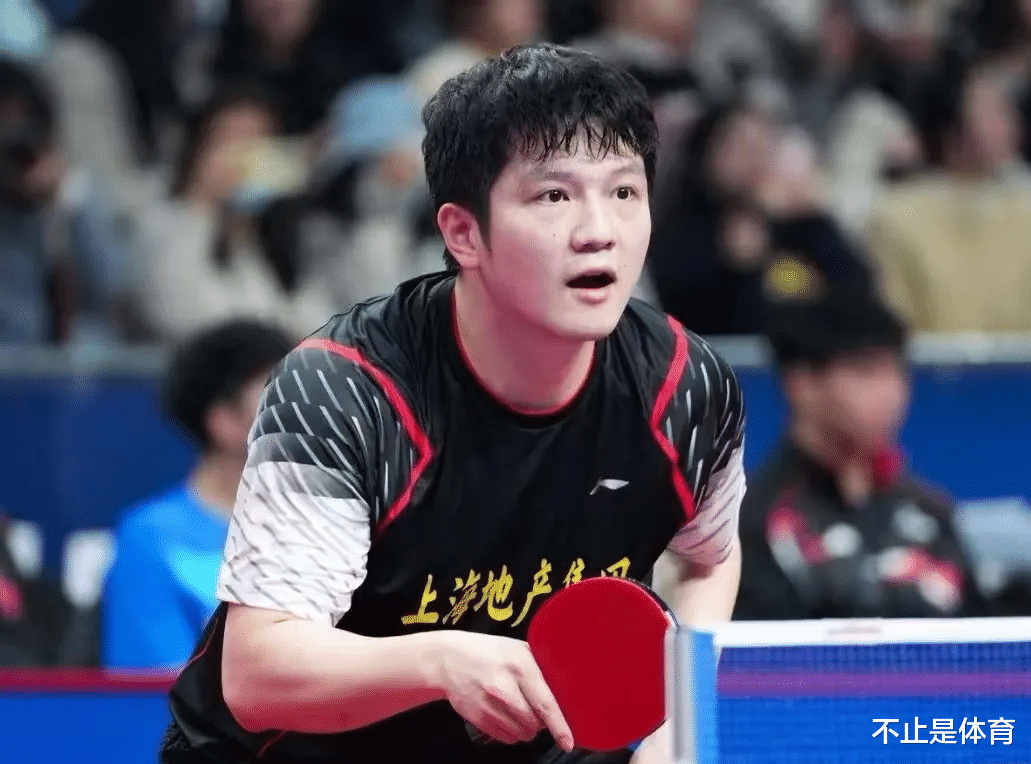
Secondly, tennis players bear the training costs themselves and have little to do with sports bureaus and local tennis associations. They can freely choose training bases, coaching teams, and competition plans, and develop their professional careers entirely according to their personal career plans. However, the situation of table tennis players in China is completely different. Most Chinese table tennis players are trained by local table tennis associations and sports bureaus, who invest a lot of human, material, and financial resources in training athletes, from basic training to professional training, and then participating in various domestic and international competitions, every step is inseparable from the support of local table tennis associations and sports bureaus. Therefore, local table tennis associations and sports bureaus have certain management and control over athletes. They hope that athletes can bring glory to the place and also hope to get certain returns from the achievements of athletes.
However, the launch of WTT events has broken this balance. As a commercial entity, WTT's main purpose is to maximize profits, so it inevitably involves the allocation of event revenue during the operation of the event. If WTT wants to take a share of the revenue from athletes trained by local table tennis associations and sports bureaus, it will undoubtedly arouse dissatisfaction and opposition from local table tennis associations. They believe that the athletes they have worked hard to cultivate, the money they earn should not be taken away by WTT, which is unfair and unacceptable. Therefore, the system promoted by Liu Guoliang will inevitably be opposed by local areas, which is also an important reason why WTT events are difficult to promote smoothly in China.
The influence and number of Chinese table tennis players internationally are unparalleled by other countries. The Chinese table tennis team has always been the dominant force in the world table tennis arena. Both the men's and women's teams have repeatedly achieved remarkable results in international competitions, winning countless honors for China. If this policy cannot get support in China, it is simply impossible to promote it worldwide. Therefore, Liu Guoliang's so-called wild card system, which aims to bring star players like Fan Zhendong back to the WTT commercial event system, is probably difficult to achieve and can only be a flower in the mirror, a moon in the water.